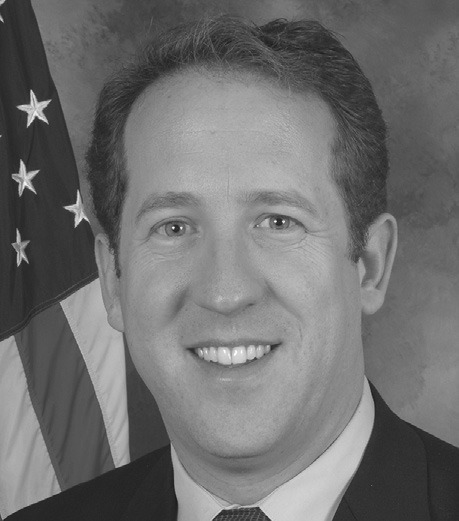Rep. Adrian Smith
Just two weeks from the start of tax filing season, an efficient and functioning Internal Revenue Service (IRS) has never been more important. The overwhelming majority of Americans pay their taxes; however, 90 percent of the $80 billion in new IRS funding in the Inflation Act would pave the way for more audits on working class families.
Instead of addressing problems like the IRS’s massive return processing backlog, customer service failures, and alarming leaks of private taxpayer data, Democrats in Congress last year directed $80 billion to IRS, with 90% of that funding focused on vastly expanding the IRS’ audit capacity, and not just for the wealthy.
The Biden administration’s own documents say they are increasing the IRS employee headcount by 87,000 over the next decade with these funds. Furthermore, Treasury Secretary Janet Yellen’s instructions to the IRS stated families and small businesses earning less than $400,000 should continue to be audited at historically similar rates.
Under those instructions, 9 out of every 10 new audits can target families and small businesses earning less than $400,000. In fact, during debate on the Inflation Act House Republicans attempted to pass an amendment to ensure no new audits would be conducted on families or small businesses earning less than $400,000, but House Democrats would not even allow a vote on the amendment on the House floor.
Hiring more than 80,000 new IRS employees tasked with raising enough revenue through audits so Democrats can hand billions of dollars out to profitable businesses to buy electric trucks for their fleets, fuel for their airplanes, and install large scale wind and solar across America’s landscapes is unacceptable.
Americans want an IRS that works for them, not against them. For this reason, Congresswoman Michelle Steel of California and I introduced a bill to rescind any IRS funding in the Inflation Act that could go toward enforcement.
Our bill – H.R. 23, the Family and Small Business Taxpayer Protection Act – leaves in place funding for customer service and IT improvements because IRS is in desperate need of reform, but it protects middleclass families from audits they cannot afford.
I’m proud H.R. 23 was the first bill considered and passed in the House of Representatives in the 118th Congress. This commonsense bill would simply prevent the IRS from using its massive infusion of taxpayer dollars to harass and squeeze more revenue out of American families.
American taxpayers continue to suffer as December was the 21st straight month U.S. wage growth failed to keep pace with historic inflation and remained negative. The last thing the American people need right now are more audits from an out-of-control, bloated IRS. Through our Commitment to America, House Republicans will fight to deliver a government that’s accountable, both through oversight and through this process which we will consider bills like mine under our Republican majority.
Under the new House rules, which I strongly supported, members must be given at least 72 hours’ notice prior to consideration of a bill. Further, bills must only cover one topic – we will no longer allow special interest provisions to be hidden in kitchen sink bills.
This is in stark contrast with the broken practice of rushing legislation to the House floor before members even have time to read what they are voting on. H.R. 23 was considered under these new rules. Further, 72 hours was more than enough time for members to review this bill. It is two pages long and covers only one topic. This is just one of many ways House Republicans will deliver on our Commitment to America.
There are numerous reasons to support The Family and Small Business Taxpayer Protection Act. It protects families and small businesses, leaving in place resources needed for IRS to address its customer service and return processing problems.
Most importantly, it stops autopilot funding for an out-of-control government agency that is perhaps most in need of reform. I was honored to sponsor this bill as it passed in the House, and I am grateful to Rep. Steel for her collaboration on this effort.


